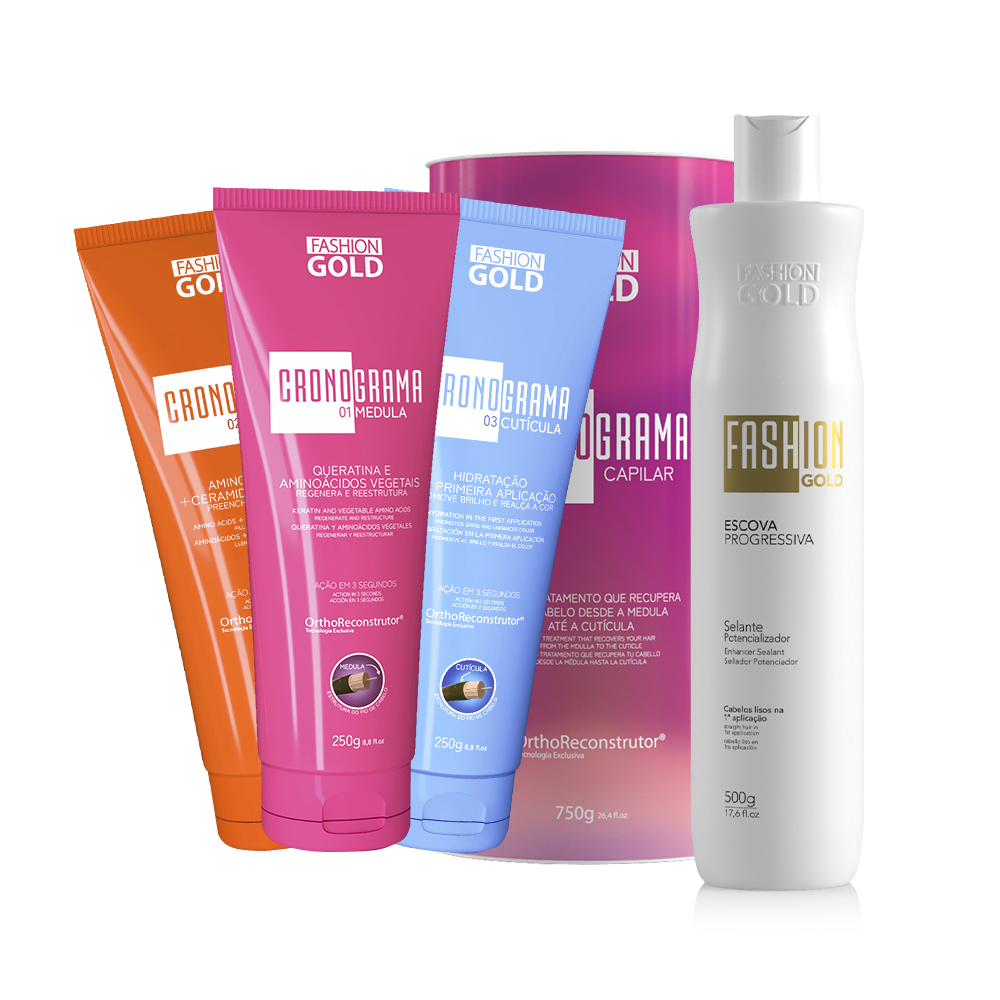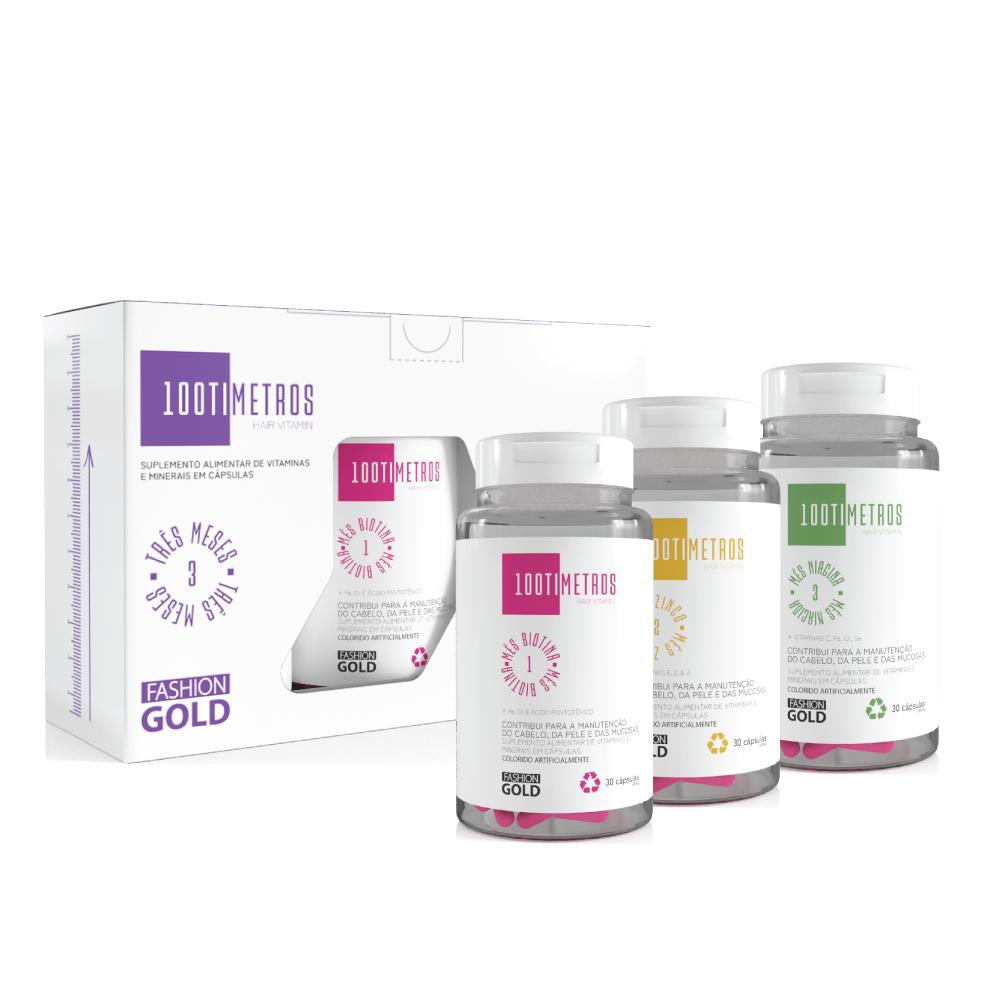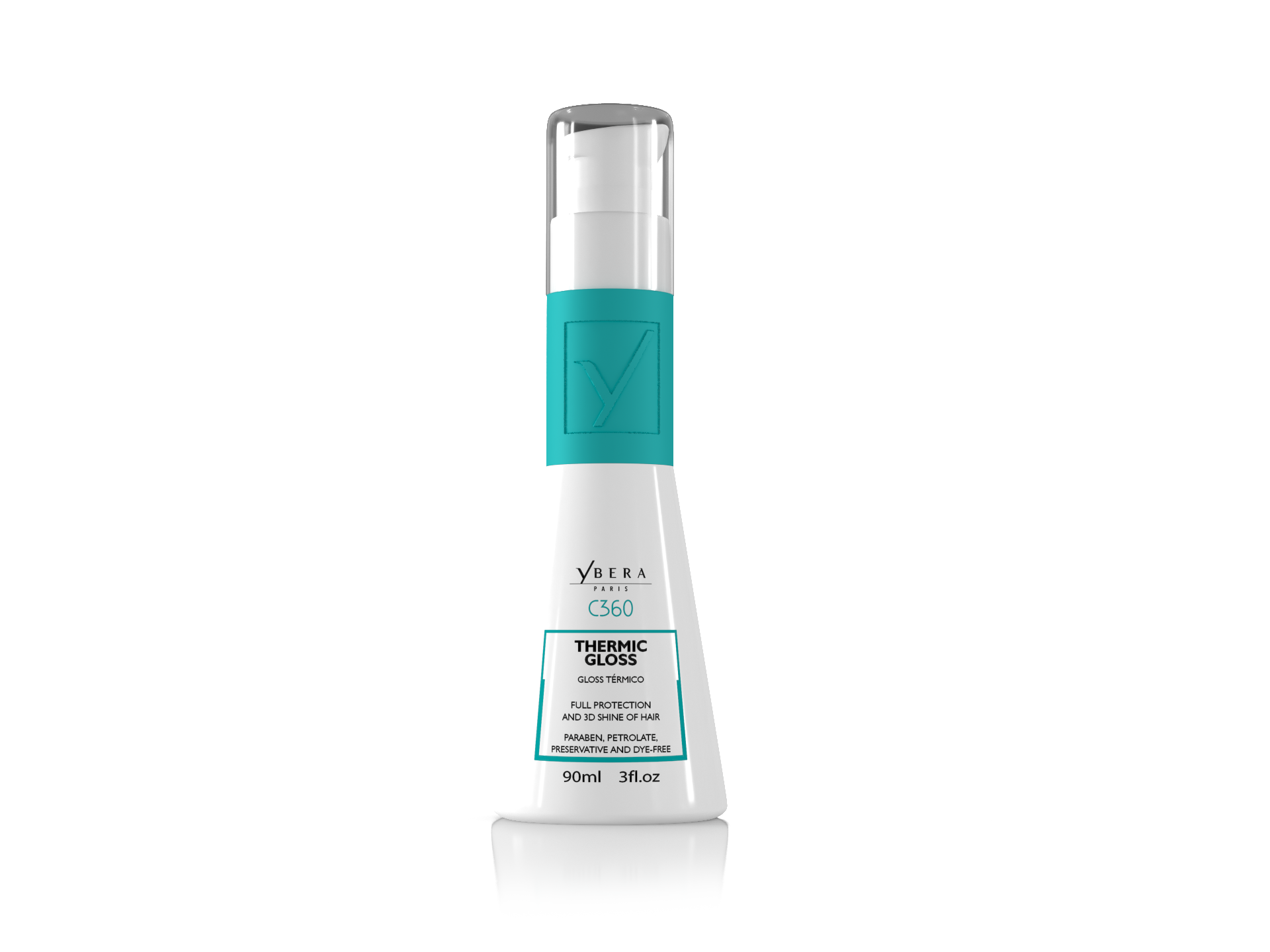|
Definition: Hair growth oils are topical products designed to moisturize the scalp, nourish hair follicles, and support overall scalp health. While they do not make hair grow faster than its natural biological rate, they create conditions that promote healthier, denser, and stronger hair over time. The Science Behind It: Different oils contain compounds that support scalp and follicle health. With ricinoleic acid, castor oil offers antimicrobial benefits and may block prostaglandin D2, which is linked to hair loss. In animal studies, peppermint oil increases follicle number, dermal thickness, and growth factors. Rosemary oil improves circulation and may reduce DHT, with human studies showing results comparable to or better than minoxidil. Benefits:
Interesting Fact: While hair growth oils have promising effects on scalp health and follicle support, their role is indirect. They do not “miraculously” speed up hair growth but instead create the right environment for your hair to reach its full natural potential. |
Key Takeaways:
- How Hair Growth Oils Support Healthier Hair: Hair growth oils combine natural oils and botanical extracts to nourish the scalp, strengthen hair, and reduce breakage, making them beneficial for those with thinning hair or slow growth.
- Key Ingredients To Look For: Myrrh Oil, Chamomile, Aloe Vera, Green Tea, Coconut, Shea Butter, and nourishing oils like Argan, Olive, Macadamia, and Cottonseed restore, smooth, and protect damaged strands—working best when complemented with hair growth support shampoo for stronger, fuller results.
- Carrier Oils Versus Essential Oils: Differentiation between carrier oils, such as argan and coconut, and essential oils, like peppermint and rosemary, is essential in choosing effective hair growth solutions tailored to individual needs.
Hair growth oil blends natural carrier and concentrated essential oils to support scalp and follicle health. Carrier oils such as argan, coconut, or baobab provide hydration and nourishment. In contrast, essential oils like rosemary, peppermint, or castor contribute bioactive compounds that stimulate circulation, reduce inflammation, or balance hormones linked to thinning. Unlike styling oils that coat the surface for temporary shine, hair growth oils penetrate deeper, conditioning the scalp and reinforcing follicle strength. This dual action helps reduce breakage and creates the ideal natural environment for hair growth.
Understanding how these oils work and which ingredients matter most makes it easier to choose solutions tailored to individual needs, whether the goal is improving thickness, slowing shedding, or maintaining overall scalp wellness.
What Is Hair Growth Oil And Why Does It Matter
Hair growth oil is a specialized blend of natural oils and botanical extracts designed to support a healthy scalp environment and encourage stronger, fuller hair. These formulas commonly include ingredients rich in vitamins, essential fatty acids, and antioxidants, elements that nourish the scalp, stimulate hair follicles, and help reduce breakage. For those dealing with thinning hair, shedding, or slow growth, a targeted hair growth oil can be a valuable addition to a regular haircare regimen.
The logic behind using hair oil for growth is straightforward: healthy hair thrives on a well-nourished scalp and resilient strands. By improving moisture levels and delivering scalp-soothing benefits, these oils can combat dryness, flakiness, and irritation, all of which impact hair quality. In addition, massaging oil into the scalp increases blood flow to the follicles, further promoting hair vitality.
However, not all hair growth oils are created equal. The effectiveness often comes down to the quality of ingredients and how they interact with your specific hair type and needs. The right hair growth oil product can help reinforce weak spots in your hair’s structure while providing a protective barrier against environmental stressors, heat styling, and chemical treatments.
Key Active Ingredients That Truly Boost Follicle Activity
When choosing the best hair oil for hair growth, what’s inside the bottle matters as much as how you use it. Modern haircare takes a science-backed approach, relying on targeted ingredients that encourage follicle activity and support a healthier scalp environment.
Here are the actives worth watching for on your ingredient list:
- Baobab Oil: Sourced from the African “Tree of Life,” baobab oil delivers a powerhouse blend of vitamins A, D, E, and F, helping nourish hair at the root and improve scalp elasticity. High levels of omega fatty acids can penetrate deeply, making hair feel stronger and less prone to breakage.
- Shea Butter: This rich, natural ingredient is valued for its deeply hydrating properties and ability to soothe the scalp. Shea butter is loaded with essential fatty acids and vitamins, providing the scalp with the moisture it needs to create a healthy base for new hair growth.
- Keratin: As the primary protein in hair structure, keratin helps fortify strands from within. Topical application via advanced hair care formulations can temporarily rebuild areas of weakness, reduce loss from breakage, and encourage a visibly smoother, fuller look.
- Peppermint Oil: Known for its cooling, invigorating sensation, peppermint oil boosts circulation to the scalp. Improved blood flow means more nutrients and oxygen reach your follicles, encouraging natural growth cycles.
- Caffeine: In some studies, caffeine has demonstrated the ability to stimulate hair follicles and prolong the active growth phase. It works on a cellular level to energize the scalp, helping follicles stay in their optimal state longer.
- Botanical Extracts: Ingredients like rosemary and saw palmetto are increasingly recognized for reducing inflammation and blocking hormone pathways associated with hair thinning. Regular use supports scalp health, setting the stage for robust new growth.
Choosing an oil with these proven actives can give your scalp the nudge it needs. It helps follicles stay resilient and productive and gives you the best shot at achieving stronger, thicker, and healthier-looking hair.
Scientific Evidence Behind Popular Growth Oils
Digging into the science of hair growth oils means separating beauty buzzwords from fundamental research. While there’s no magic bullet for instant Rapunzel-like locks, several natural oils often used in hair growth blends have been studied for their tangible benefits. Pairing these oils with a hair growth shampoo and conditioner can further support scalp health, as consistent cleansing and conditioning help create an environment where these oils work more effectively. For anyone wondering how long it takes for hair growth oil to work, research suggests results are gradual, typically noticeable after consistent use for several months rather than weeks.
Castor Oil
Castor oil is a standout thanks to its high ricinoleic acid content, an omega-9 fatty acid linked to improved blood circulation on the scalp. Better circulation means hair follicles get a boost of nutrients, which may encourage new growth and strengthen existing strands. Some lab and animal studies suggest castor oil’s anti-inflammatory properties might also soothe irritated scalps, though large-scale human trials are still limited.
Rosemary Oil
Rosemary oil has drawn attention in dermatology circles for its potential to support healthy hair growth. In a 2015 clinical trial, rosemary oil performed comparably to minoxidil (often known by the brand Rogaine) when it came to increasing hair count in individuals with certain types of hair thinning. Researchers theorize that rosemary’s power lies in boosting microcirculation and preventing the production of DHT, a hormone linked to hair loss.
Peppermint Oil
Peppermint oil isn’t just a scalp-cooling sensation. Preclinical research suggests that this oil can rapidly prompt hair follicles into the “anagen” (growth) phase of the hair cycle, possibly by increasing blood flow and promoting oxygen delivery. That tingly feeling you get after application? That’s not just a placebo; there’s a physiological basis for it.
Argan Oil
Then there’s argan oil, rich in antioxidants and vitamin E. While not directly linked to faster hair growth in clinical trials, argan oil’s protective and conditioning properties help reduce breakage and maintain scalp health, two crucial factors for anyone looking to grow stronger, healthier hair over time.
So, while hair growth oils make big promises, evidence underscores that certain popular oils have scientifically plausible roles, primarily linked to scalp health, microcirculation, and breakage prevention.
Choosing The Right Oil For Your Hair Texture And Needs
Not all hair growth oils are created equal; what works wonders for one hair type might not deliver the same magic for another. The journey to healthier, fuller-looking hair starts with understanding your unique hair texture and prioritizing your most pressing hair concerns. When used consistently, the hair growth oil benefits include stronger strands, improved scalp health, and reduced breakage across different hair types.
For Fine Or Thin Hair
If your hair feels limp or gets weighed down easily, look for lightweight oils like argan or grapeseed. These nourish the scalp without leaving behind a heavy, greasy residue. They help strengthen hair from the root, protect against breakage, and won’t sacrifice natural volume.
For Curly Or Coily Hair
Curly textures often crave deep moisture and extra nourishment. Oils like castor, coconut, or baobab provide intense hydration and help lock in softness. These oils protect curls from humidity and reduce frizz while promoting a healthy scalp environment, which is crucial for growth.
For Damaged Or Chemically Treated Hair
If your hair has been through frequent color, chemical treatments, or hot tool styling, restorative oils become your best friends. Seek out formulations with ingredients like shea butter, olive oil, or avocado oil. These penetrate deep, helping to repair weakened strands, restore shine, and reinforce elasticity.
For Oily Scalps And Build-Up
Lighter oils, such as jojoba or tea tree, can help balance scalp oil production if you struggle with excess oil or product build-up. These oils keep the scalp fresh, soothe inflammation, and maintain the right foundation for new growth.
The best hair growth oil meets your hair where it is right now. Consider your texture, how your scalp responds, and whether your hair needs extra moisture, strength, or a reset. With the right fit, your hair gets the specific care it deserves on your path to stronger, healthier strands.
Step-by-Step Guide To Applying Growth Oil Like A Pro
Applying hair growth oil correctly is key to maximizing its potential benefits. Think stronger roots, nourished lengths, and lasting shine. For anyone asking, “Does hair growth oil work,” the answer depends on how consistently and correctly it’s applied; technique and routine matter just as much as the oil itself.
Here’s a straightforward approach that fits into any hair routine:
- Start With Clean, Damp Hair: Hair free of product buildup absorbs oil more effectively. After your regular wash, gently towel-dry your hair so it’s damp but not dripping wet. Pairing this step with a shampoo and conditioner for hair growth enhances scalp health and creates an even better foundation for the oil to work.
- Measure Out The Perfect Amount: Depending on your hair length and thickness, dispense a few drops to a full teaspoon of oil into your palms. Warming the oil by rubbing your hands together helps distribute it evenly and boosts absorption.
- Target The Scalp First: Part your hair into sections. Using your fingertips, massage the oil directly into your scalp with circular motions. This stimulates circulation and ensures the scalp, where growth starts, gets first dibs on those nourishing ingredients.
- Work Through The Lengths: Smooth the remaining oil down the mid-lengths and ends. These areas are prone to dryness and can benefit from extra moisture and protection.
- Let It Penetrate: Leave the oil on for at least 30 minutes. Cover your hair with a shower cap and leave it on overnight for a deeper treatment. Heat (even the natural warmth from your scalp) can help the oil work its way into the hair shaft.
- Rinse Thoroughly: Wash out the oil using a gentle, sulfate-free shampoo to avoid stripping away moisture. If you used a heavier oil or left it on overnight, you may need two lathers.
- Repeat Consistently: For best results, apply your hair growth oil one to three times a week, depending on your hair’s needs and scalp's response.
Stick to these steps and watch your hair transform, firmer, smoother, and ready to take on anything.
Read also:
- Best Haircare Routine for All Hair Types in 2025
- What Causes Frizzy Hair? 10 Common Causes & How to Fix Them
- Hyaluronic Acid For Hair: Benefits & How To Use
Frequently Asked Questions About Hair Growth Oil
How does hair growth oil work?
Hair growth oils nourish the scalp and hair follicles, creating a healthy environment for new hair growth. They often combine botanical extracts, essential oils, and vitamins that improve scalp circulation, reduce dryness, and strengthen hair at the root.
Can hair growth oils really help with hair loss?
While hair growth oils can support overall hair and scalp health, they aren’t a miracle cure for advanced hair loss. Many users see benefits like reduced breakage, stronger strands, and improved manageability, which can give the appearance of fuller hair. For significant hair loss issues, a professional consultation is always recommended.
What are the main ingredients in hair growth oils?
Most hair growth oils contain a blend of natural oils, like castor, jojoba, argan, or coconut, along with ingredients such as vitamin E, rosemary oil, biotin, and peppermint oil. These components are chosen for their ability to hydrate, protect, and stimulate the scalp without harsh chemicals.
Who should use hair growth oil?
Anyone looking to improve the health, appearance, or texture of their hair can benefit from hair growth oil. It’s especially popular among individuals dealing with dryness, frizz, split ends, or slow hair growth. Both men and women with all hair types can see improvements when using these products as part of their routine.
How often should I apply hair growth oil?
Usage depends on your hair type and goals. Generally, once or twice a week is recommended for most people. Those with very dry or damaged hair might benefit from more frequent applications, while others may prefer lighter, less frequent use. Start small and adjust based on your hair’s needs.
Is hair growth oil suitable for all hair types?
Yes, most high-quality hair growth oils are developed to be safe and effective for all hair types—including straight, wavy, curly, and coily. The key is to choose a formula that matches your hair’s unique texture and condition.
Can I use hair growth oil on colored or chemically treated hair?
Absolutely. Many modern hair growth oils, especially those from brands like Ybera, are formulated without harsh chemicals and are safe for color-treated or chemically processed hair. They can even help restore moisture and smoothness lost during chemical treatments.
How long does it take to see results from hair growth oil?
Results can vary from person to person. Some people notice improvements in softness and shine after just a few uses, while others see fuller, stronger hair after several weeks of consistent application. Patience and regular use are key to the best outcomes.












